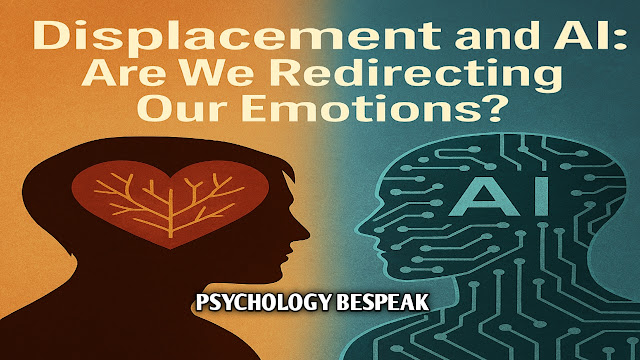Five life lessons from Alice in Wonderland
Five life lessons from Alice in Wonderland
4th
of July happens
to be Alice in Wonderland Day. The 150th
anniversary of the first publication of the story was in 2015, and that
was the first time Alice in Wonderland Day was celebrated. It was chosen for July
4, because that is the day that Lewis Carroll originally told the story to
Alice Liddell before ever writing it down.
With its unique
symbolism and pointblank fun, Alice in Wonderland Day is a celebration of
everything that has to do with one little girl’s big adventures that have
impacted millions of children and adults for more than 150 years. Since first whizzing
down the rabbit hole in 1865’s Alice’s Adventures in Wonderland, the eponymous
adventurer has appeared in more than 40 cinematic adaptations, with the last as
recent as 2016.
Apart from all this, we
can learn important lessons to bring back from Wonderland. Some of them are:
1.
Risk has rewards
Sure, crawling down a
rabbit hole might be too big a risk in the real world, but Alice’s decision to
follow the White Rabbit leads to a magical journey. It’s not all smooth
sailing, as she encounters obstacles, gets lost and the Queen of Hearts is
obsessed with taking her head, but by the time Alice wakes from Wonderland
she’s armed with new experiences to help navigate real life.
Though taking risks
can be scary (like crawling down a rabbit hole), but standing still can be
scarier. Without taking risks and challenging ourselves, we don’t grow.
2.
Discover who you are
When the Caterpillar
asks Alice, "Who are you?", she can’t find a simple answer. Not just
because she’s shifted sizes so much since falling down the rabbit hole, but
because Alice is unsure just who she is.
While Alice’s
adventure might seem mad on the surface, its main goal is answering the
Caterpillar’s question and figuring out the greatest puzzle of all – "who
in the world am I?". Life can also seem mad but by discovering who we are,
and accepting ourselves, assures a much smoother ride through our own journey.
3.
Accept the differences
of others
"But I don’t
want to go among mad people," Alice remarked. "Oh, you can’t help
that," said the Cat: "we’re all mad here. I’m mad. You’re mad." Learning
to accept who we are is one of life’s great lessons, but so is learning to
accept the differences in others. Even if we’re certain of who we are, the
people around us aren’t always going to be who we want them to be – and that’s
fine. Celebrating people’s differences makes life more interesting, exposes us
to new perspectives and opens new worlds, just like Wonderland.
4.
Don’t get stuck in the
past
"It’s no use
going back to yesterday, I was a different person then," Alice tells the
Mock Turtle and Gryphon. While this shows just how much has happened to Alice
since her journey began, Lewis Carroll imbues the line with multiple meanings.
Alice’s adventures are about personal evolution, and this lesson affirms that
by reminding ourselves that we’ve grown since yesterday, a week ago, a year ago
or decades ago. By closing past chapters, we can write our future without stewing
on the regrets, mistakes and disappointments we all encounter.
5.
Stand up for yourself
"Hold your
tongue!" said the Queen, turning purple.
"I won’t!"
said Alice.
Accepting other
people is good, but sometimes people are just jerks. The Queen of Hearts, for
example, gets her excitement from belittling, berating and beating her
subjects, including her own husband. When precocious Alice enters her kingdom,
the Queen gets guillotines and rolling heads in her eyes, just like bullies the
world over. But one of the most important lessons for any young person to learn
is not to let bullies get you down and always stand up for yourself.
By realising that the
Queen of Hearts minions are just a pack-of-cards, Alice changes her perspective
to see that the aggressive people in her life cannot hurt her if she changes
her view.
These are some of the
lessons I learnt what are yours?





Very interesting. A whole new perspective to the atory
ReplyDelete